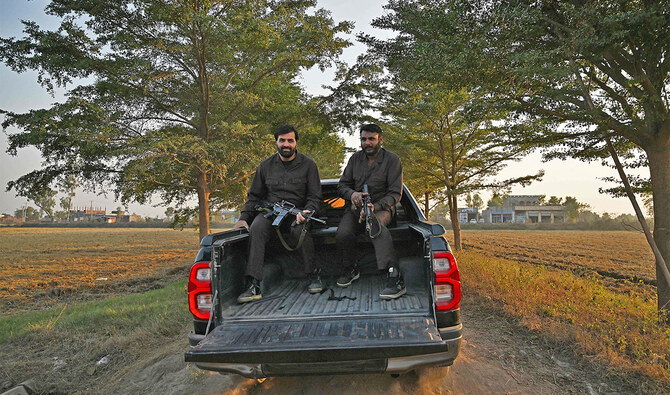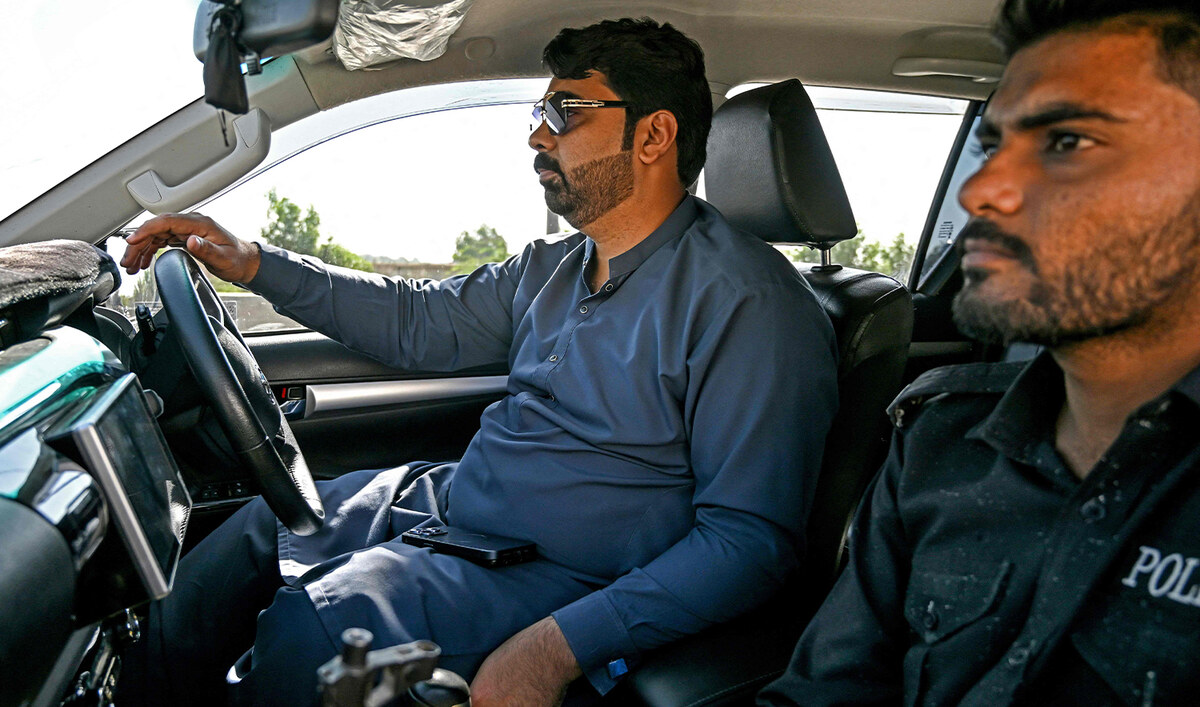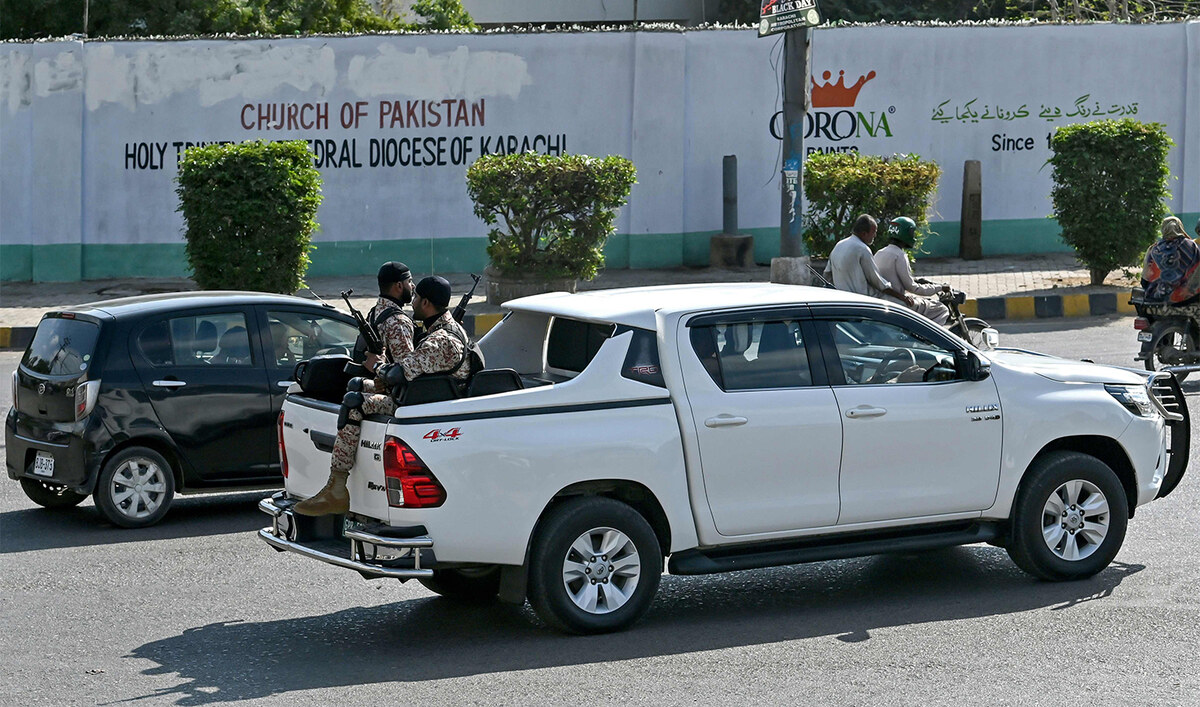ISLAMABAD: The son of Pakistan’s slain first woman leader Benazir Bhutto has struggled to assume his mother’s mantle but is waiting in the wings for his turn on stage — perhaps in a supporting role for now.
Bilawal Bhutto Zardari’s family were once center-stage in Pakistan’s politics, their fortunes rising and falling in a Shakespearean saga of tragedy and power.
Benazir’s death in a campaign trail assassination carried the Pakistan Peoples Party (PPP) to power under Bilawal’s father in a 2008 sympathy vote, but they have since wilted into a third-place concern.
Bhutto Zardari, the soft-spoken scion who inherited party leadership as a teen, was long-criticized for lack of experience and paling in comparison to his parents.
But the floppy-haired 35-year-old enters Thursday’s election with his first experience of statesmanship, having served as foreign minister in a broad coalition that ousted Imran Khan in 2022.
“They know me now,” he told AFP at a rally last week.
The millennial candidate professes a Netflix addiction and is less than half the age of his rivals Khan and Nawaz Sharif, who is seen as the kingmaking military’s favored candidate.
Despite the Bhutto pedigree, Bilawal and PPP are on track to play only a minor role in the coming government, but maneuvring for a larger part down the line.
“I could see them as junior coalition partners,” political analyst Hafsa Khawaja told AFP. “I don’t see him as a potential candidate for the position of prime minister.”
Bilawal’s grandfather Zulfikar Ali Bhutto forged the PPP in southern Sindh province 50 years ago, with a “bread, clothing, shelter” slogan that propelled it into a populist force.
He ascended to the highest civil office but was deposed by General Zia-al-Haq in a coup and hanged in 1979 despite international outcry.
Benazir, as her son would be decades later, was thrust into the spotlight. Following Zia’s death in 1988, she was elected prime minister at the same age Bilawal is today.
“My mother often said that she didn’t choose this life, it chose her,” Bhutto Zardari told AFP at his family home in Karachi in 2017. “The same applies to me.”
However, her government was undercut by military interference and allegations of corruption and despite becoming prime minister twice, she never completed a term.
Ousted in 1996, she spent most of the years of Pervez Musharraf’s military dictatorship in self-exile, returning in 2007 to contest another election.
But hopes sparked by her return were shattered by her assassination weeks later. Her murder was pinned on jihadists, with a UN investigation accusing Musharraf of failing to provide sufficient security.
Less than two weeks before polling day on February 8, Bhutto Zardari rallied the PPP at the spot where she was killed in the city of Rawalpindi.
Bilawal was named PPP chairman after his mother’s death but, still just a student, he returned to Oxford University.
His father Asif Ali Zardari — nicknamed “Mr 10 Percent” over the many graft claims against him — took control as the party swept the 2008 elections.
But he presided over its decay, fueled by allegations of corruption and incompetence. Analyst Khawaja said the PPP is now trying to rekindle the “Bhutto brand.”
“Even if he doesn’t get to be at the position of the prime minister right now, he is still a young man,” she said.
Bilawal Bhutto-Zardari: scion of doomed dynasty fights for limelight
https://arab.news/j6kbw
Bilawal Bhutto-Zardari: scion of doomed dynasty fights for limelight

- Bhutto-Zardari’s family were once center-stage in Pakistan’s politics, their fortunes rising and falling in a Shakespearean saga of tragedy and power
- His mother Benazir’s assassination on the campaign trail carried Pakistan Peoples Party to power under Bhutto-Zardari’s father in 2008 sympathy vote






















